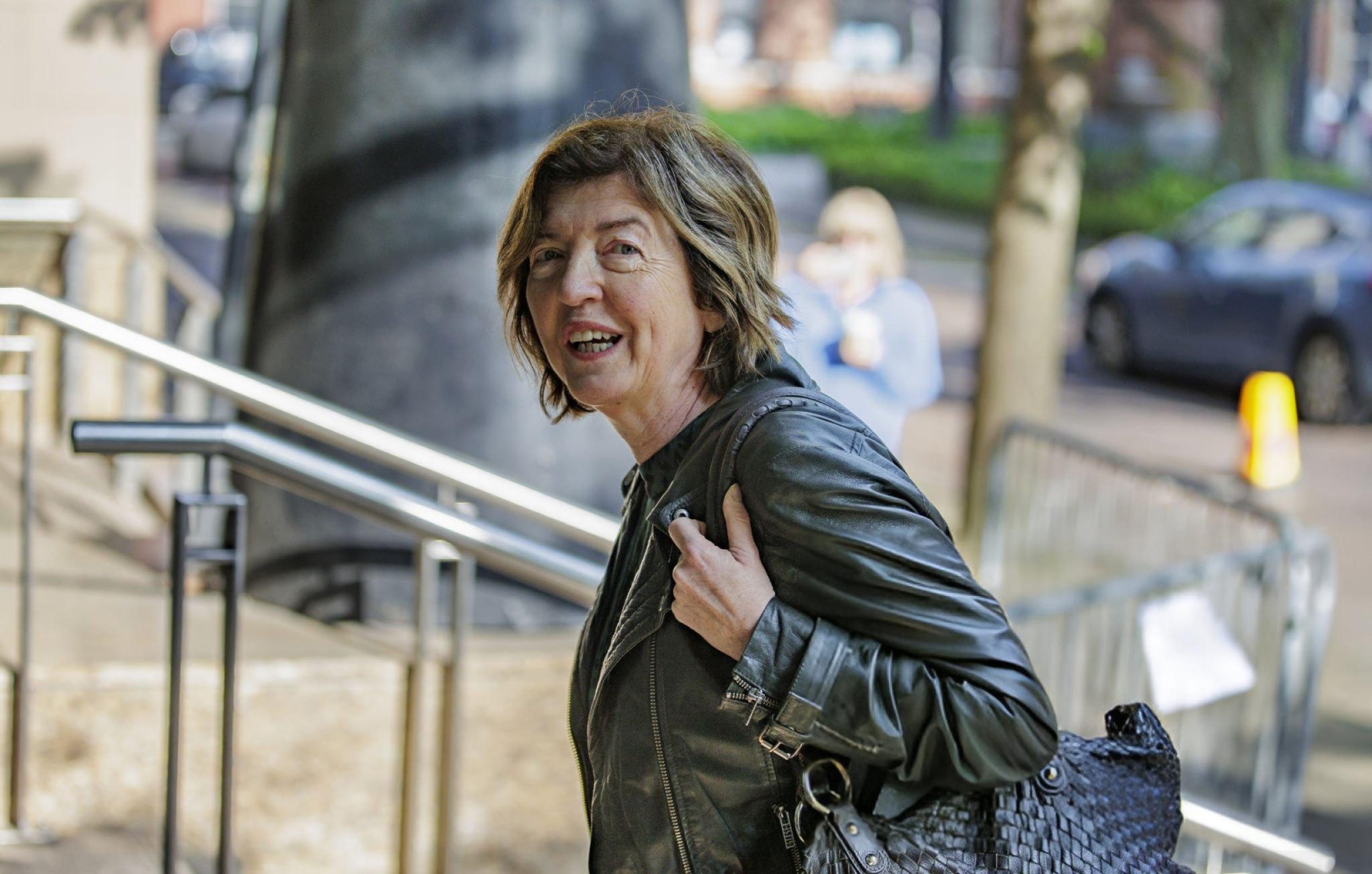Sue Gray, the former senior civil servant who gained national recognition for leading the “partygate” investigation, has officially taken her seat in the House of Lords, four months after leaving Sir Keir Starmer’s Government amid reports of internal tensions.
Now known as Baroness Gray of Tottenham, the former Cabinet Office mandarin participated in a traditional introduction ceremony in the unelected upper chamber, where she swore allegiance to King Charles III.
Dressed in the customary scarlet robes, she was supported by Lord O’Donnell, a former head of the civil service, and Baroness Harman, a senior Labour peer. Her son, Labour MP Liam Conlon, was among those present to witness the moment.
Warm welcome in the lords
While it is customary for new peers to receive a handshake from the Leader of the Lords, Baroness Smith of Basildon, Lady Gray was instead greeted with a warm hug from the Lord Privy Seal, a sign of her close ties within Labour circles.
Her elevation to the Lords comes as part of Labour’s attempt to rebalance the upper chamber, following claims that the Conservatives had stacked it with their own appointees in recent years.
She was one of 30 new Labour peers announced last December, with Labour sources at the time stating that the move was necessary to correct a long-standing “imbalance” in the House of Lords.
From “partygate” to political power
Sue Gray spent decades as a high-ranking civil servant, often operating behind the scenes, before stepping into the spotlight in 2021 when she was tasked with leading an independent probe into Covid rule-breaking parties at Boris Johnson’s Downing Street.
Her investigation, which followed Simon Case’s recusal from the role, played a crucial part in the events that led to Johnson’s downfall as Prime Minister.
However, her impartiality was later questioned when she left the civil service to become Sir Keir Starmer’s chief of staff in 2023, a move that provoked outrage from Conservative MPs.
Critics accused her of undermining civil service neutrality, while allies defended her decision as a natural progression given her experience in government.
Internal tensions and her sudden resignation
While initially seen as a significant addition to Labour’s top team, Lady Gray’s tenure as Starmer’s chief of staff was marked by reported internal clashes within Number 10.
Concerns were raised after leaked reports suggested she was earning more than the Prime Minister, and tensions within Downing Street grew amid speculation of a power struggle between her and other senior aides.
In October 2023, she unexpectedly announced her resignation, citing concerns that she had become “a distraction” to the Government’s work.
Initially, she was set to take on a newly created role as “envoy to the nations and regions”, designed to strengthen ties between Westminster and the devolved governments.
However, in November, Downing Street confirmed that she had decided not to take up the position, ending her short but controversial stint in Starmer’s team.
A changing lords landscape
Lady Gray’s appointment is part of Labour’s broader efforts to reshape the House of Lords, with Starmer’s Government pushing for reforms to make the chamber more representative and accountable.
Also taking a seat in the Lords was Joanne Cash, a barrister and co-founder of Parent Gym, who was nominated as one of six new Conservative peers by Kemi Badenoch, the Tory leader in the Lords.
Supported by Baroness Falkner of Margravine and Lord Godson, Baroness Cash similarly swore her oath of allegiance to the King, marking her formal entry into the chamber.
The debate over reforming the Lords continues, with some arguing that the influx of new peers is only entrenching the unelected nature of the institution, while others insist that appointments are necessary to reflect the balance of power in Parliament.
As Lady Gray settles into her new role, her influence within Labour and the Lords is expected to grow, with speculation over how she might shape policy and reform efforts from her new position.






